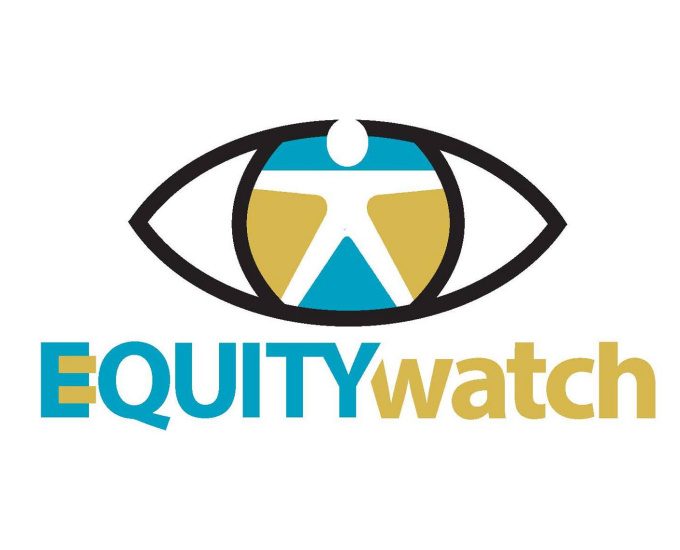Former CEO of Ontario Human Rights Legal Support Centre relates her experience

On 3 February 2021, Kathy Laird, a long-time human rights activist and former CEO of the Ontario Human Rights Legal Support Centre, appeared on an Equity Watch webinar touting the benefits of Ontario’s tripartite human rights regime for Nova Scotia. A recording of that webinar is available here and a transcript of the webinar is available here.
The Ontario system prior to 2008 was similar to Nova Scotia’s (with a single Human Rights Commission responsible for investigating complaints and referring some of them to boards of inquiry.) In that year, Ontario moved to a three-agency arrangement, as follows:
· A Human Rights Commission, restricted to policy matters and public education and bringing forward complex issues, like systemic discrimination and racial profiling, to the Tribunal.
· A Tribunal, a direct-access agency dealing with complaints and adjudication. While screening, mediating and promoting settlement, it still allows complainants the possibility of their “day in court.”
· A Legal Support Centre, offering legal advice and representation to complainants
Equity Watch, a Nova Scotia human rights advocacy organization had launched a comprehensive 52-page critique of Nova Scotia’s regime on January 6, calling for, among other things, a move to a scheme like Ontario’s. A summary of the critique is available here.
Laird explained the problems that led the Ontario government of the day to make those changes in 2008:
“They’re very similar to the problems that you are experiencing in Nova Scotia today. Delay is a big one. On average, it took two and a half years to complete the investigation stage for cases that even made it to the investigation stage. Many complaints were dismissed at an early stage, and without giving more than pro-forma reasons. So there were no detailed reasons based on the facts of the case. Few complaints got to hearing so every year there were about 2400 complaints filed in Ontario, and over the 10 years before the change an average of 140 were referred to a hearing at the tribunal. Most of those settled, so there were five to 10 final Tribunal decisions annually.”
Very simply, said Laird, “…The Commission stopped being trusted by many equity-seeking groups.” In her opinion, the new system helped remedy that situation.
Some other Ontario changes that Laird said could benefit Nova Scotian equity-seekers include:
Ø Assistance from the Legal Support Centre is offered free and is not based on income (though the Centre encourages pecunious applicants to seek their own counsel.)
Ø A complaint to the Tribunal cannot be dismissed without the parties having the opportunity to make oral submissions. The Tribunal must give reasons for dismissing or validating the complaint.
Ø A public interest remedy can be awarded by the Tribunal and it can order a public inquiry even if it was not requested by the complainant.
Ø The human rights agencies report directly to the provincial legislature rather than to the Minister of Justice.
Ø The Centre takes pains to publicize complaints and settlements (with due attention to privacy) so that non-disclosure agreements (“gag orders”) are less common.
Ø The Commission has the power (and has used it) to do wide-ranging investigations into systemic human rights problems. It has delivered reports on police anti-Black discrimination, problems of transgender people, and prejudiced zoning against group homes.
Laird reported that in the ten years from 2008 to 2018, the three-agency model received very good reviews, especially for the quality of the adjudicators in the Tribunal and the comprehensive reports by the Commission. Unfortunately, in the past two years the Doug Ford Conservative government has deliberately under-resourced the system, leading to backlogs and erosion of the core of adjudicators.
Liane Tessier, a founder of Nova Scotia’s Equity Watch declared herself enthused by Laird’s report. Tessier, a former firefighter, whose decade-long battle with Halifax Regional Municipality and the Nova Scotia Human Rights Commission made national and international news, said, “I am confident that if a system similar to Ontario’s had existed in Nova Scotia when I made my initial complaint, we would have avoided so much expense and misery, and women and other equity-seeking groups would have been so much better-served.”
Equity Watch has asked, so far without response, for meetings about its critique with the Nova Scotia Justice Minister and the CEO of the Human Rights Commission.
For more information, contact Equity Watch at equitywatchns@gmail.com; phone 902-240-2782




